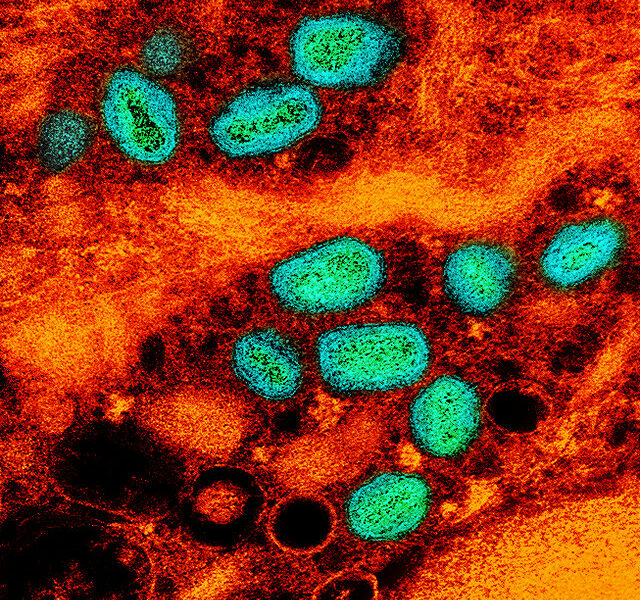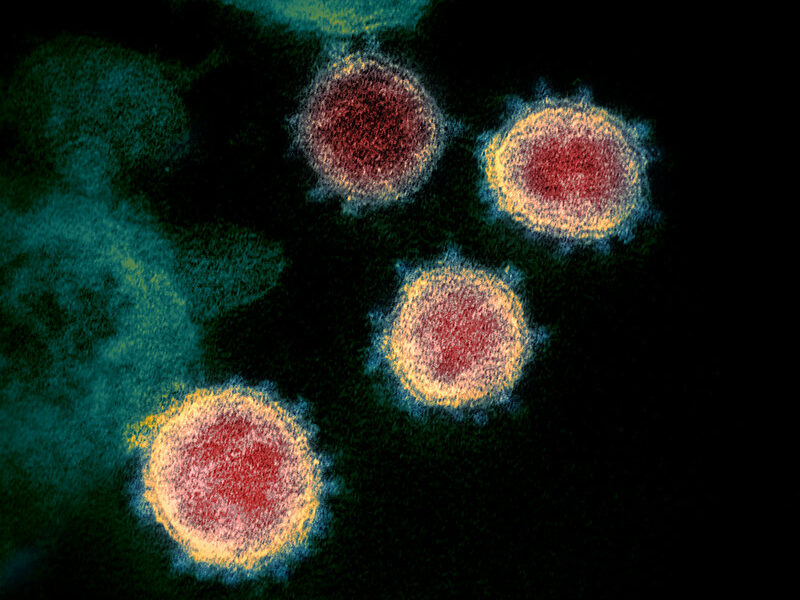Luanda, a province in Angola, has called a state of medical emergency as a 14-month-old boy tested positive for polio, the fifth case in the country this year. The young boy lives in the rural region of Quimbele, near the border of the Democratic Republic of Congo (DRC), a country that has had nine cases of polio in 2011. Angola was close to eradication, having no new cases for three years after its 27- year civil war. However, in 2005, Angola began seeing a resurgence of this crippling disease. In 2010, Angola reported 33 new cases, which raised concerns among anti-polio campaigners, who had considered the disease already eradicated in the country. A targeted border immunization campaign was launched in October and a second is scheduled for this month. It is essential that all children, no matter how isolated, be vaccinated against polio, as even a single case puts any unimmunized child at risk.
World Polio Day, which was celebrated on Oct. 24, marked both achievements and setbacks in polio eradication. However, the worldwide initiatives taken to control and eventually eradicate this crippling disease deserve commendation. In 2011, only four countries remain polio-endemic: Pakistan, India, Afghanistan, and Nigeria. This is seen as a great success compared to 1988, when there were 125 polio-endemic countries.
Despite these optimistic numbers, polio continues to be a serious public health threat. In 2011, Pakistan reported 132 new cases of polio, in spite of serious eradication efforts. To curb the rising number of polio cases, the latest vaccination campaign was launched on Tuesday, Oct. 25, with a target goal of 33 million children.
Neighboring India is concerned that its achievements in controlling the disease will be undermined by Pakistan’s continuous polio outbreaks. In an attempt to impede the virus from entering the country, polio immunization booths have been set up at the two border crossings.
India has had no new cases of polio in nine months; the longest time frame since eradication efforts began almost two decades ago. According to the World Health Organization, a country is considered polio free if no new cases arise for three years.
Madagascar, on the other hand, is threatened by a possible resurgence of the disease, as three new polio cases were reported in the south. Unicef experts believe this outbreak is due to the disruption of immunization campaigns from the political crisis occurring in the country. Vaccination rates are down to 40 percent, although programmes must reach 80- 90 percent of the population to be effective. Additional campaigns must be introduced in order to to prevent a potential epidemic.
About Polio
Poliomyelitis, or polio, is a viral infection spread through direct person-to-person contact by infected mucous, phlegm, or feces. The virus affects the nerves and may lead to partial or full paralysis. Children under five are at highest risk of contacting polio; therefore prevention and eradication campaigns focus on immunizing all children within a country.
Initial symptoms of the disease include fever, fatigue, headache, vomiting, stiffness in the neck and pain in the limbs. It is estimated that one in 200 cases leads to paralysis.
However, the polio vaccine is 90 percent effective in preventing poliomyelitis, and with the launch of the Worldwide Polio Eradication Initiative in 1988, there have been monumental strides in polio control and elimination.

